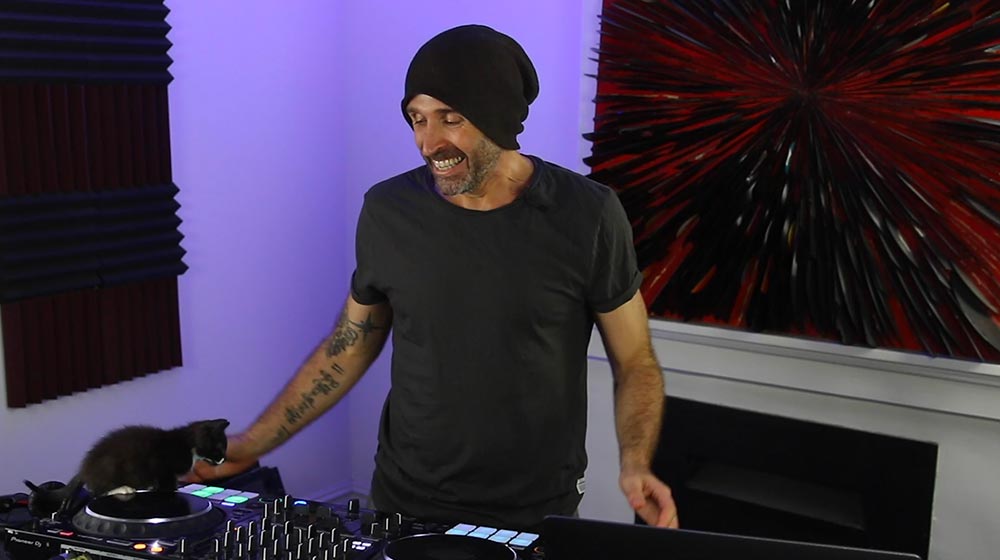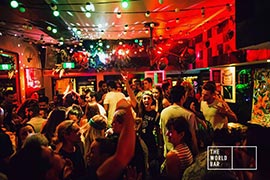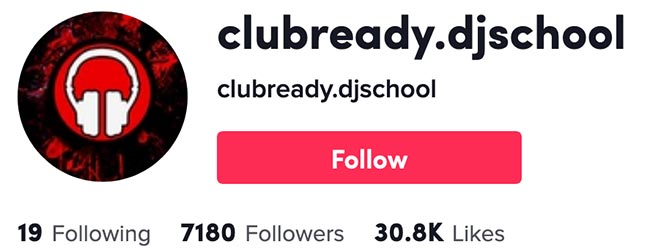How to Prepare for Longer DJ Sets for Clubs, House Parties and Private Functions
A tonne of students have reached out to me in recent weeks letting me know they have scored sets at venues and some of the venues have requested that the DJs play all night, so in this video I will talk about the difference between preparing shorter vs longer sets, the different types of longer sets you may encounter and how to prepare for them so you can potentially make marathon sets a huge success.
Firstly I find longer sets are usually reserved for residents in clubs or people that are creating their own opportunities. For instance let's say you find a cool venue, local bar or cafe and you convince them to give you a go, then you would most likely be responsible for playing all night, and even when booked to play house parties or private functions, you'll also be the sole DJ and could easily be expected to play a minimum 3 - 5 hours. Personally I have played clubs my whole life and have done countless weddings and house parties on the side, so I'll share my tips on how to prepare for longer sets now.
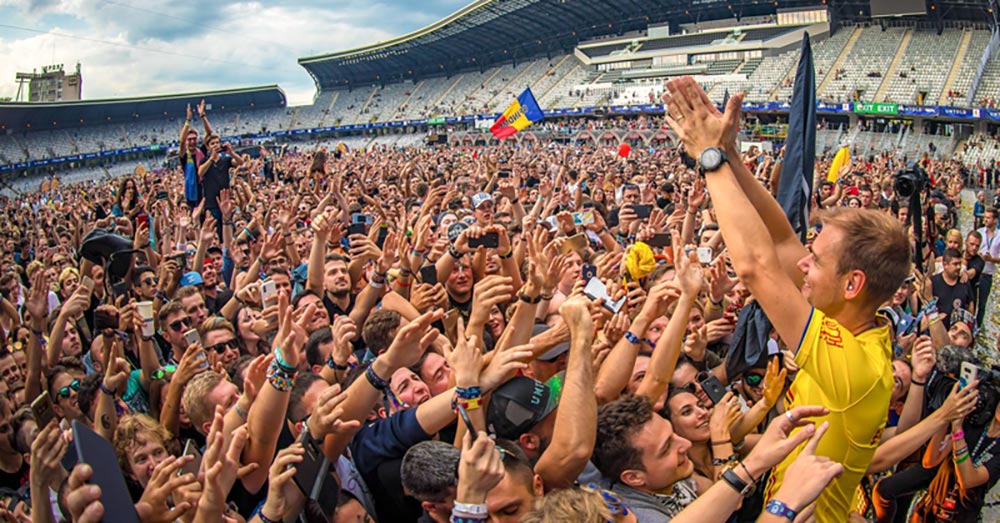
Let's start with longer sets in clubs and then I'll move to house parties and functions. When preparing to play longer sets in clubs you'll need to know 2 things: what kind of music the event specialises in, for instance it may be a techno club or perhaps even a commercial open format style event, as knowing what type of music they expect from you will help you to research and prepare the right kind of music for that event, and you'll also want to know what time of night you are playing and if there will be other DJs on the line up.
If you are the only DJ on the line up this will be way easier to prepare for as you can control the mood for the whole night but if you are on a line up you have to keep in mind what the other DJs may play. For instance let's say you get booked to play the late slot and you're on from 2am to lets say 5am in the morning, and the DJs before you played a tonne of the tracks you planned to play, then you'll need to be over prepared and have so much music to pick from to avoid playing a tonne of double ups which could respond in people on the dance floor getting bored and going home.
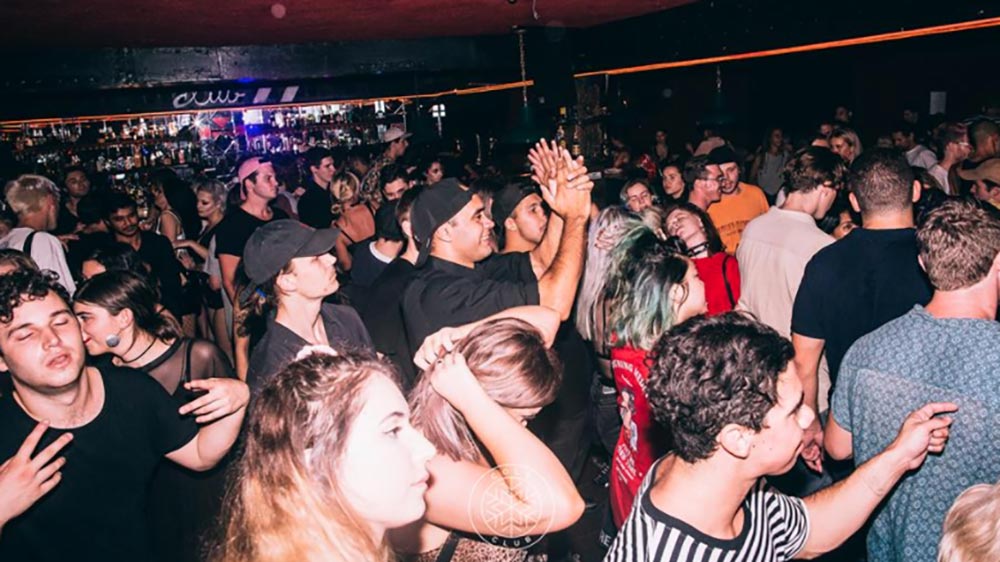
Personally whenever I did late sets I would usually have a playlist with at least 200 tracks to choose from and I would literally pull from whatever hadn't been played yet whilst also reading the crowd and testing the waters to see which direction the crowd wanted to go.
It's funny but in many ways the late set is the hardest as people may be tired and it's your job to keep the dance floor going and if you only turn up with a pre planned set and you are not willing to be flexible and create an interesting point of difference between you and the other DJs, whilst also staying true to the goals of the event, people can get bored and will leave.
So if you are on late, you want shitloads of music that's suitable for that event and I also I strongly suggest that you arrive at least 2 hours before your set and watch the DJs before you to see what has been played to avoid double ups but also to get a feel for the room and what people are responding to.
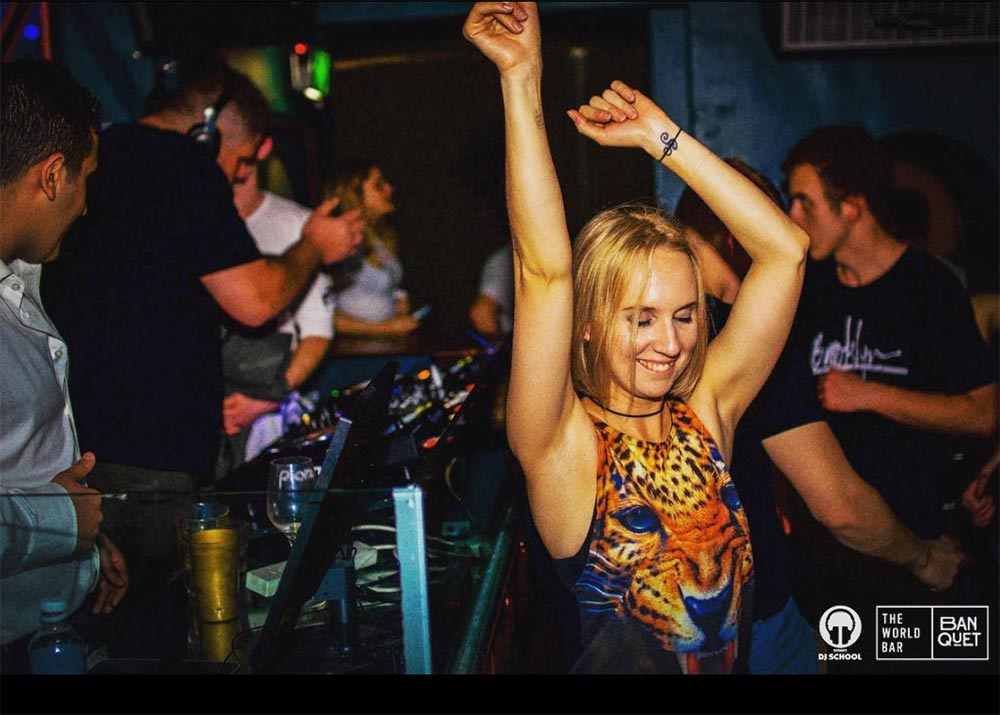
However if you are on early, you may need to warm up the room and this usually means holding back on the big anthems, and if a DJ is coming on after you, you may even want to warm up the crowd and try not to step too much on the headliners toes especially if the headliner has close ties with the event manager - which in my experience I find is often the case.
I remember when I was younger, one of the clubs I ran had a very strong and loyal following and I quickly learnt the tracks that got the biggest response in that particular scene. Anyway I was testing out a new DJ that was familiar with the club and I gave him a set between 9 and 10pm and once I set him up I had to quickly duck out to do run some errands and when I came back I saw he had played every single one of the big tracks that I would normally play much later in the night, once the club was packed, and I literally thought he was an amateur and never booked him again.
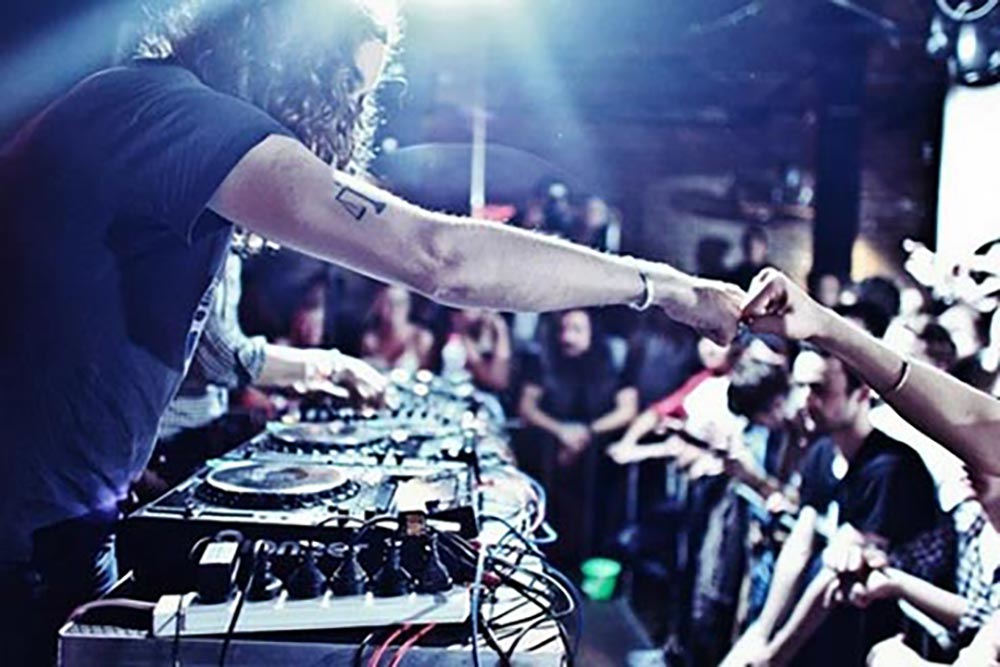
Personally let's say I was playing all night at that event, I would hold back on the big tracks until the room was jammed and then bang, I would come out hard and give them an experience they would rave about, but if you have rookies busting out big anthems before the room is ready, it compromises the flow of the night and people get too tired too early and it may even force the headliners to do double ups on the big tracks and no doubt the event suffers.
So this concept of holding back early is also similar to how I would DJ at functions and parties, you warm them up with the goal of creating a cool vibe in the room and then once everyone has had a few drinks and the crowd is a little more relaxed I start working in the big tracks.
But now we've covered the philosophy of flow, it's time for the big one, how do you prepare for longer sets. Personally when playing sets of 3 hours or more I would go in with 2 master playlists custom built especially for that event. the first playlist is called early and the other playlist is called peak and I would aim to have 100 tracks in each playlist.
The early playlist I would fill with tracks that are awesome but maybe not f yeah run to the dance floor stuff, more tapping along kind of vibe and aiming for comments like, oh man I love this track. I guess my goal early is simply to create a cool vibe in the room and start to build a floor which means perhaps a well placed bigger track from time to time to give them a taste of what's coming but 100% I am still holding back on my biggest tracks.
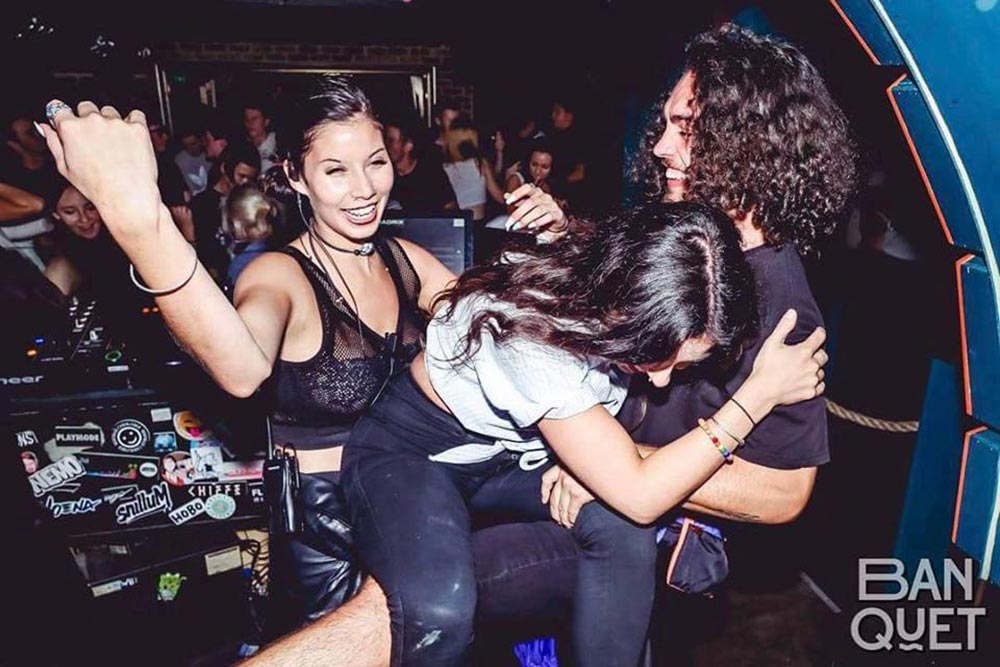
but then once the room is warm there will be a point in the night where I decide to move across into my peak playlist which also has at least 100 tracks, but this playlist is full of all the tracks I know people will love, the tracks I have tried and tested and sure I may have some cool combos and pre planned transitions in that set but I can be flexible and float around that playlist and wherever I go in that playlist I have plenty of options and again I am probably doing my best to flow between moods and styles with a goal of uniting everyone on the floor and giving them an unforgettable experience.
Now 100 tracks in 2 playlists is well over 7 hours of music, but the funny thing is, as well as my main early and peak playlists that I have built especially for that event, I would also have playlists by genre and let's say I am playing a wedding and I drop in a retro track and everyone loves it, I may go check out my retro playlist and see what I can find.
or perhaps you're playing at a club that loves tech house and you drop in a nu disco track to mix it up a little and the crowd goes wild, then I may go check out my nu disco folder and see what other similar tracks I have in there, but be careful if you break away from your main playlists to dive deeper into a particular genre I would usually find my way back to my early or peak playlist as quickly as possible and use those 2 playlists as my anchors, as you don't want to go on some retro or nu disco tangent for too long as your goal as a DJ is to unite everyone and this means constant testing of ideas and genres and flowing between styles and moods like a seasoned pro.
just remember when playing functions and private parties track selection is king and is way more important than awesome transitions, but when playing in clubs you want awesome track selection and awesome transitions and you should never compromise one for the other.
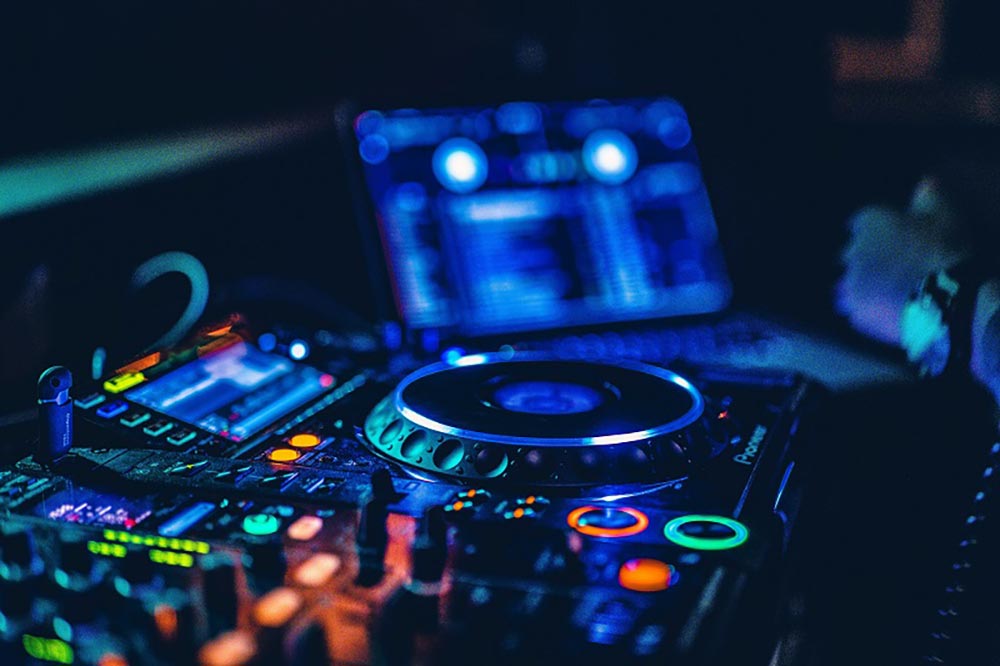
The beauty of playing long sets is you really get to practise reading a room and controlling the energy in the room, and usually if I was playing house parties or private functions I would get a brief before the event from the organiser of the event on what kind of music they like and I would usually ask the people organising the event, in advance for a list of tracks they want to hear. From there I can filter those tracks into the early or peak playlists and then add more tracks that I feel suit the style of that night and the funny thing is, once you have built your early and peak playlists for 1 event, you'll be surprised how much of that can be recycled and re purposed for future events.
However when playing in clubs you wouldn't ask the promoter what tracks should I play, they'll expect you to know and this means going to the events and getting a feel for the events in advance and seeing what people are playing and what people are responding to. However if you have been approached by a bar or a club that is just re opening after covid and they have asked you to play all night, get clear on there vision and if they have no idea and they want to leave that side of things up to you, you'll need to over prepare big time and have plenty of music to pull from as you could easily find yourself in a position where you have to make a decision and that is how much are you willing to compromise your own style for the sake of atmosphere.
For instance I remember I started a club in Sydney called SFX and my initial plan was to make it mostly a house club and perhaps even some commercial dance yet everyone that turned up wanted to hear party tunes, much like what you'd hear at a wedding. I could see the house tracks won't working so I started incorporating more party music and the place erupted and every time I tried to bring it back to more of a house vibe the floor cleared. Long story short I compromised my personal style for the sake of the atmosphere and that club went on to run every week for several years attracting well over 800 people every week, and before long the event expended and took over that whole venue operating over 3 rooms, the main room was party tunes as that's what people mainly wanted to hear, but I also had a side room with harder electro and live bands in the basement, and THAT event packed out weekly and over the years connected thousands on thousands of people.
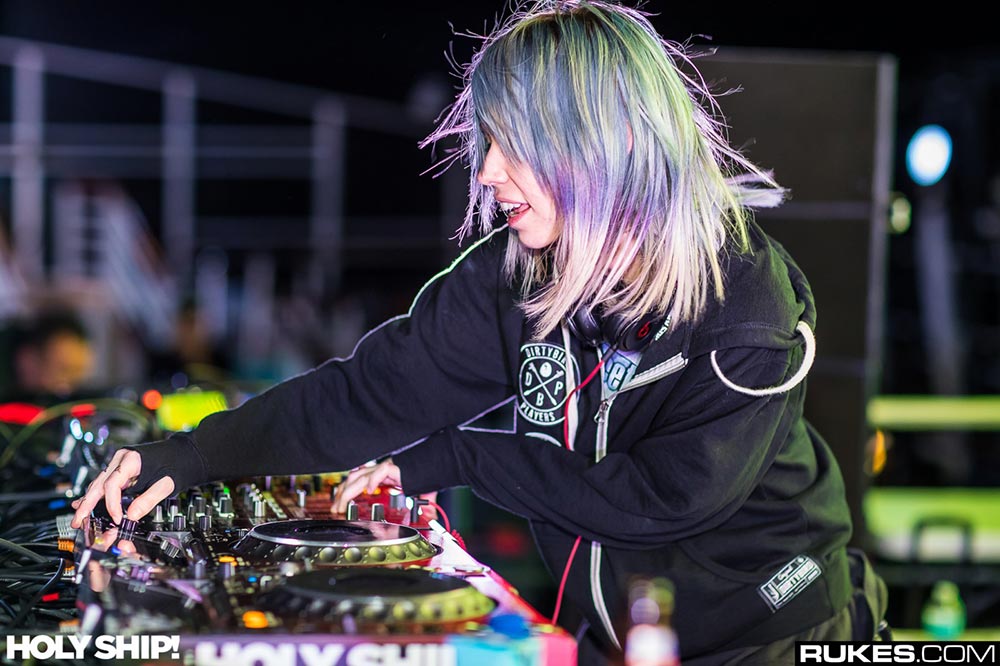
So if you are responsible for music at a new event, think about that question: are you willing to compromise your style. What do you expect people will want to hear? Are you going to give them a music lesson and play what you think they should like or will you give in for the sake of the atmosphere and play music you may usually be embarrassed by. I guess that's one of the advantages of playing at established clubs that specialise in a particular genre, you know what they play and people turn up to hear that kind of music, in which case have lots of the music prepared that the people are there for.
Wow, what a mouthful. This video definitely took its own shape but it's stuff that I am very passionate about, as in truth there is much more to DJIng than fancy tricks and show off routines, if you ask me it's about connecting people through music and understanding dance floor dynamics and by understanding venue and promoter politics you can avoid common pitfalls that new DJs make and navigate your way to success. Once you know how it all works, you'll be IN! and there will be no turning back I promise.
Many my students are now getting shows post covid and one of my students in particular is starting his own event in the UK and is giving many of my students opportunities to play so if you're from the UK and you're a student you'll see posts all about it in our student community groups. Also in saying that if you're ever in Australia my students can also contact me for shows and chances are I can push you in the right direction and get your foot in the door, and perhaps we can even have a beer together.
Anyway remember if you get an idea and feel passionate about it, then you must do it. Thanks for tuning in for your weekly dose of DJ inspiration, see you next Monday, thank you my friends.
RELATED POSTS
It's that time of year when everyone's doing sales and I just thought I'd do an article answering any questions you may have about the course and discuss wether you think it's a good fit for you.
So many people when they first learn to DJ make it unnecessarily hard for themselves and as a result they get frustrated, lose interest or simply give up. WHEN REALLY all they had to do is follow the tips I'm going to share in this video.
n the exciting world of electronic music, being a skilled DJ is one aspect of this industry, and it only scratches the surface of just how far you can take this as a career. Aspiring DJs are increasingly venturing into the realm of music production, where they can elevate their skill set and potential to make it big in the dance music scene, pushing them to heights that DJing alone may never get them. Embarking on the journey of music production opens up a world of infinite possibilities, allowing DJs to truly explore and craft their own unique sound and overall brand. Finding your niche as a producer and being a great DJ to match is a combination that carries great potential and is possibly the only way to make a name on the world stage.
Ready to get started on your DJ setup? Love being at a club event, rave, concert, or festival and want to create that atmosphere for others? Want to ignite your inner talent to mix music as a DJ?
Let's face it there really are so many different ways you can practise and from teaching literally thousands of people I feel the majority only do 1 or 2 ways at most and they wonder why they get bored or reach a plateau, so keep reading as this article gives you a fresh outlook on ways to assure your DJ sessions are successful to assure you build unstoppable momentum.
Not yet part of the Club Ready Tribe? Sign up to become a student today and join the strongest DJ community in the world!!
DRUM ROLL... GET THE COMPLETE PACKAGE
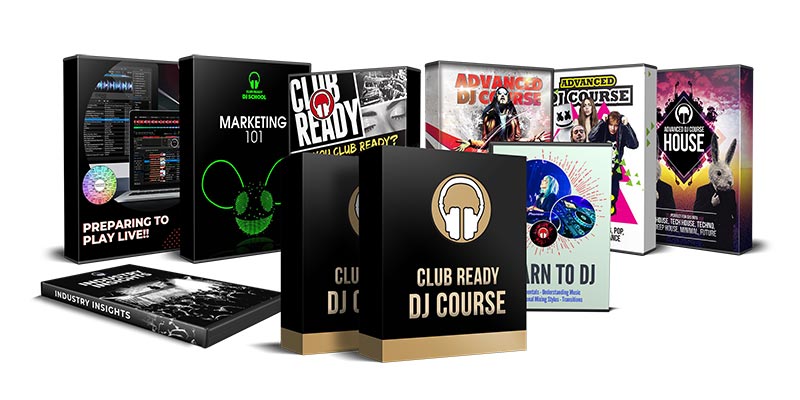
Buy all the courses and get over 60% off
For a limited time
CLUB READY DJ COURSE: Value: $295
ADVANCED PERFORMANCE PACK: Value: $395
CLUB PACK: Value: $195
ONE TIME BONUS VIDEOS: Value: $75
BONUS CONTROLLER TO CLUB MINI COURSE: Value: $95
FEEDBACK ON MIXES: Value: $45
MEMBER ACCESS TO CLUB READY TRIBE
DIRECT ACCESS TO ME
TOTAL VALUE: $1055
REGULAR PRICE: $1055
>> SALE PRICE: $175 - SUMMER SALE <<
YES! I WANT ALL THIS FOR ONLY $175And I want to be on time for the reduced price!

If you press the button and see the price went back to $1055 it means the promotion has ended and the program is back to its regular price.
This price is a ONE-TIME-ONLY payment and you get to keep the program FOR LIFE.

16 MINI DJ LESSONS FOR FREE!
Not sure where to start? In this mini series I answer many of the questions beginners have about learning to DJ.
CLUB READY DJ COURSE
 Usually
Usually ADVANCED PERFORMANCE PACK
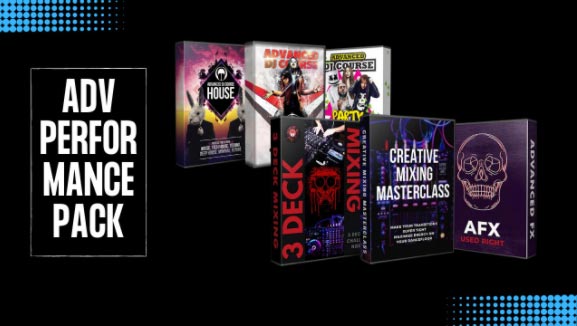 Usually
Usually CLUB PACK
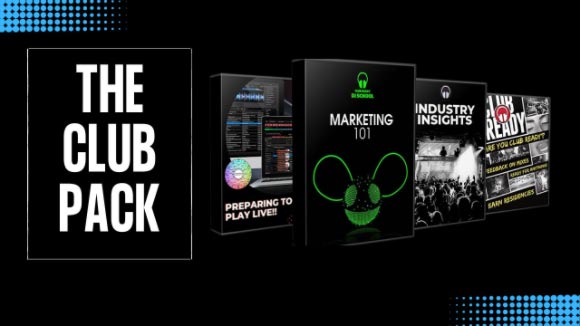 Usually
Usually THE COMPLETE PACKAGE
Get all of my courses for life!
 SALE PRICE:
SALE PRICE: 
